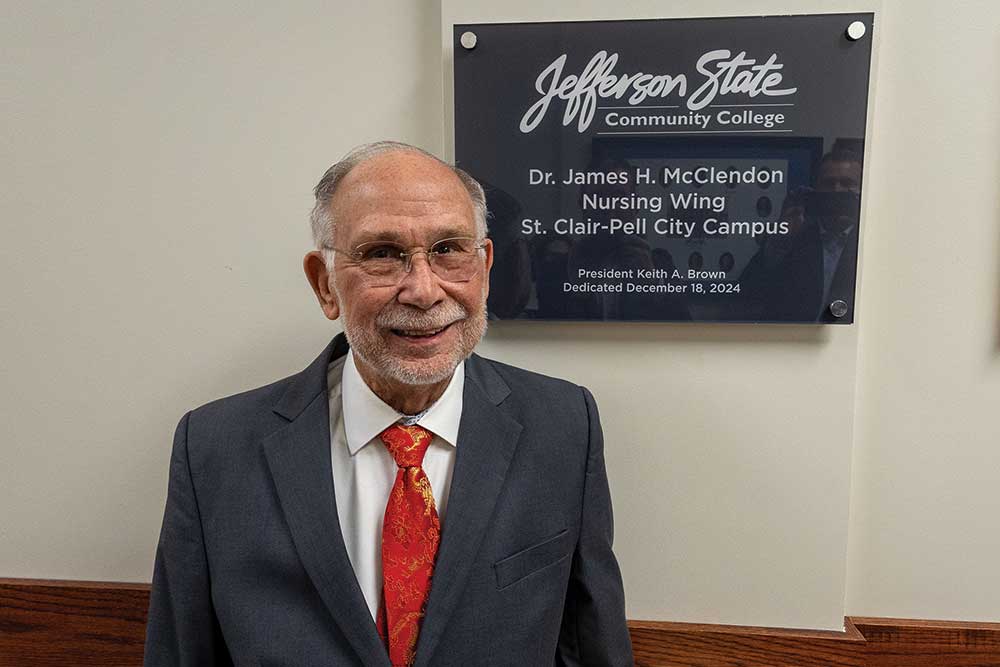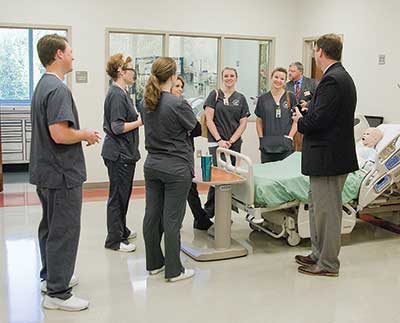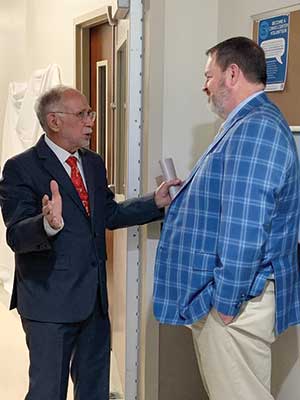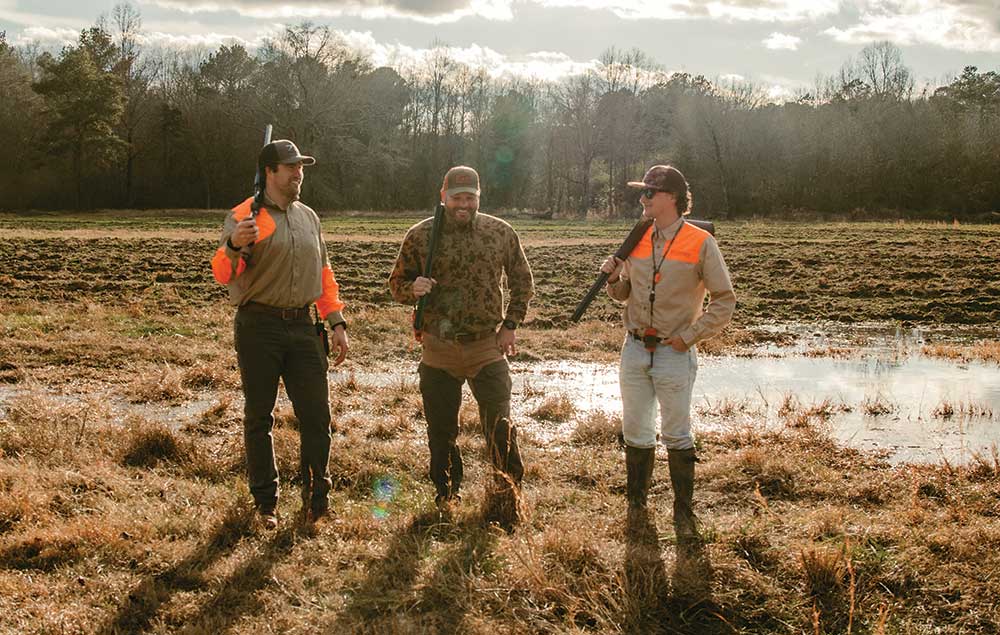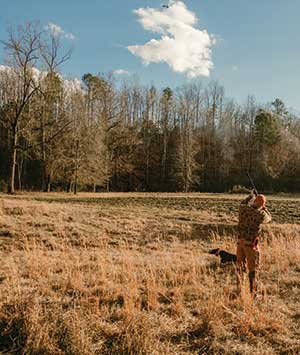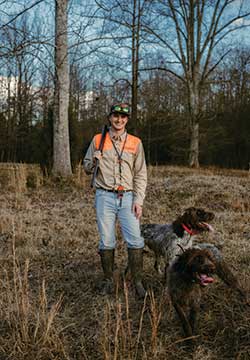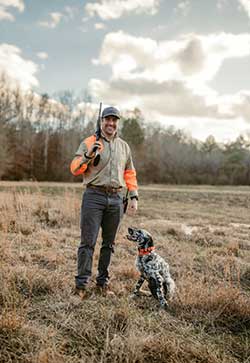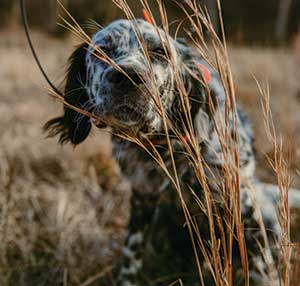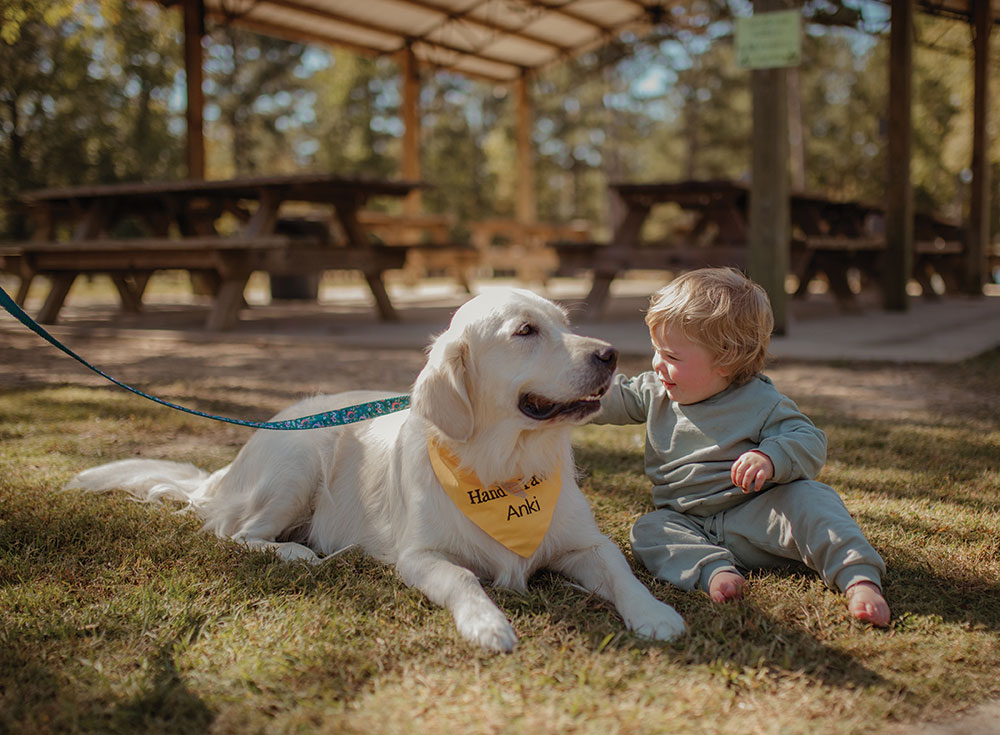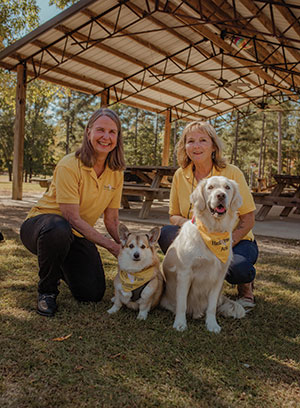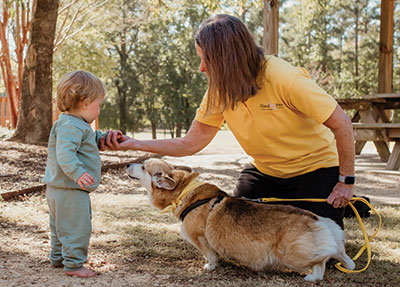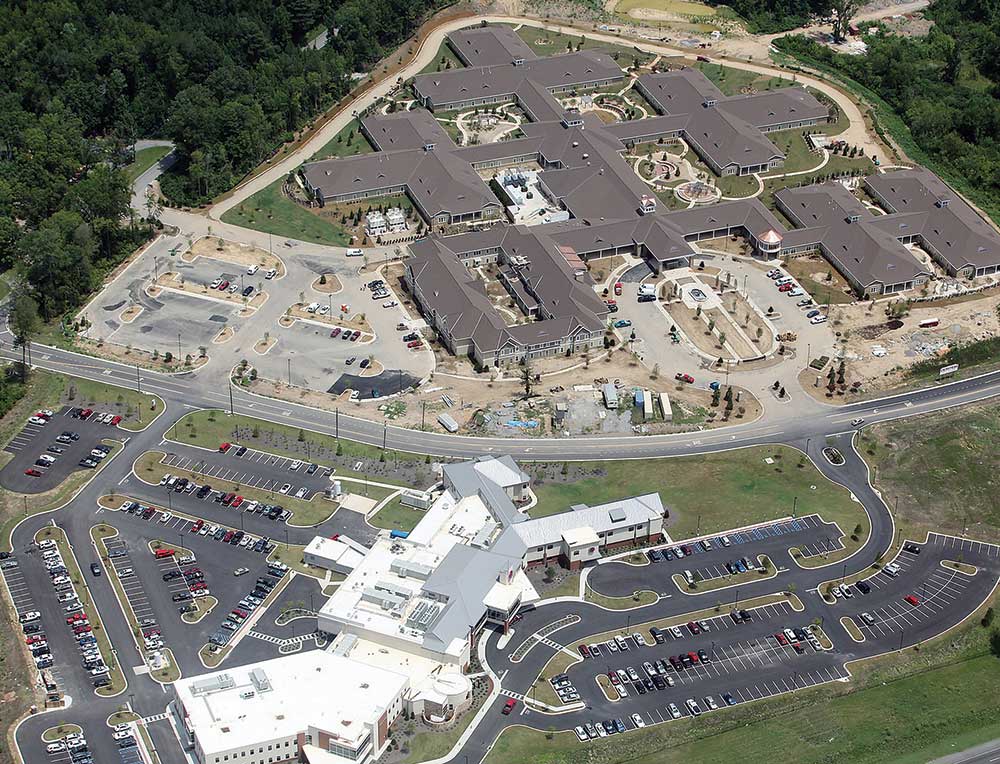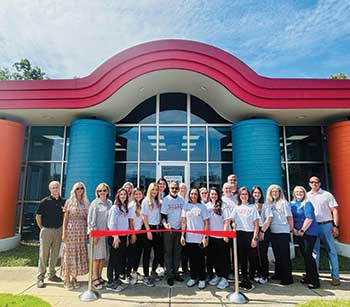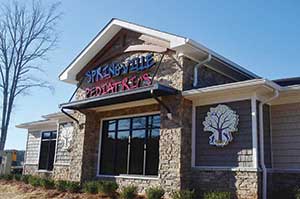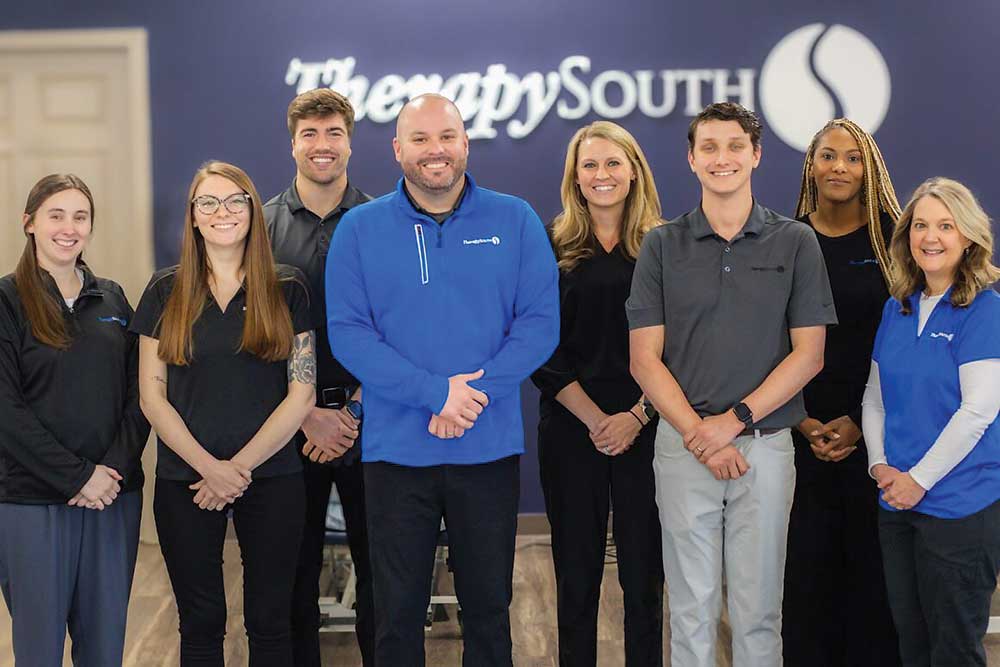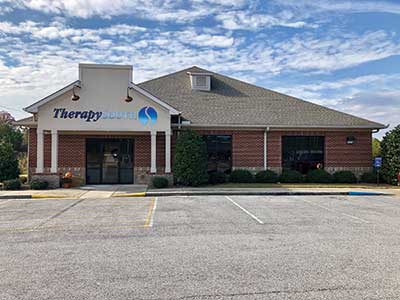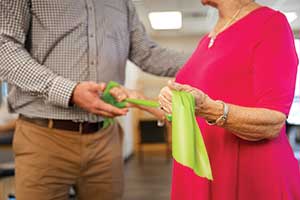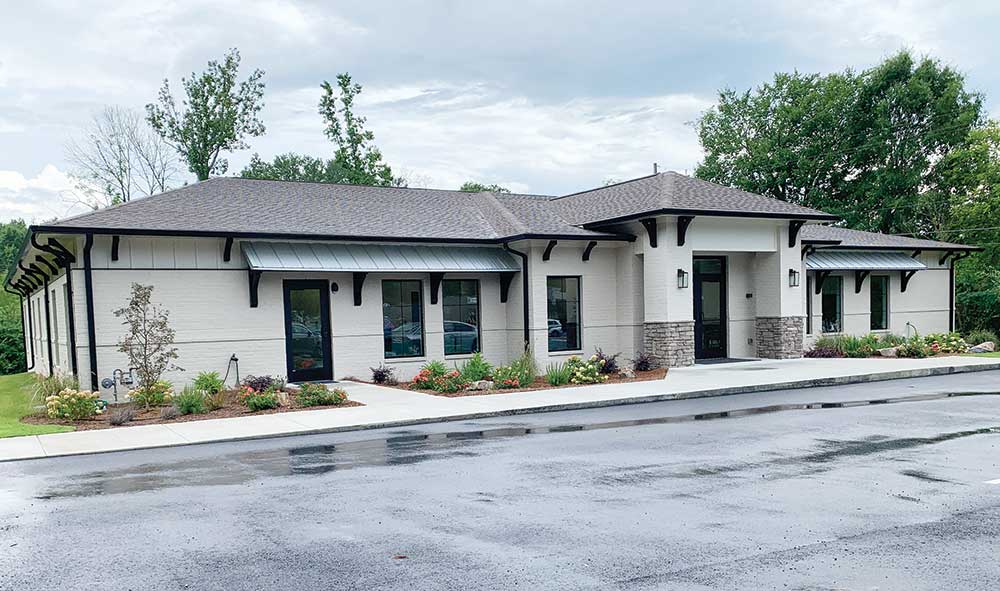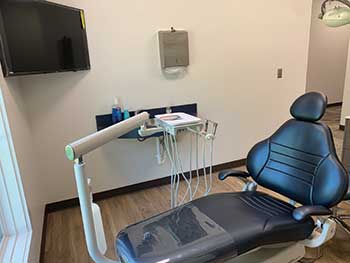Jefferson State names nursing wing after former senator
Story by Carol Pappas
Submitted photos
When Jim McClendon was first elected to the Alabama House of Representatives in 2002, state Sen. Jack Biddle asked him what he wanted for his future in politics.
“I want your seat,” he told Biddle, one of the most powerful senators at the time. Biddle retorted, “You’re not ready yet. You don’t know where the money is.”
In the years that followed, Senator McClendon not only found the money, he invested it in what is becoming a lasting legacy for St. Clair County and the region.
Jefferson State Community College recognized the longstanding support of McClendon by naming the Nursing Wing at the St. Clair-Pell City Campus in his honor with a ceremony on Wednesday, Dec. 18.
Dr. McClendon has been an ardent supporter of Jefferson State initiatives for many years. He was instrumental in the opening of the St. Clair-Pell City Campus in 2009 and the establishment of the Nursing Wing in October 2017, an expansion that included two simulation labs, a fundamental instruction lab, two classrooms, six offices and a conference room.
“Dr. McClendon was instrumental in Jefferson State starting in St. Clair County,” said Jefferson State President Keith Brown. “Because of his efforts, we’ve been able to educate hundreds of RNs, and they’re working and caring for people right here in this community.”
Just before unveiling the plaque commemorating the new name, Brown talked of McClendon’s dedication to education and health care in the form of support for the college. “It’s just my job,” Brown said McClendon told him.
“I’ve always had an affinity for nurses,” he joked to the crowd gathered for the ceremony. “I married one.”
Jefferson State’s first presence in the county was in Moody, but it was only temporary – representing a “foot in St. Clair County” – as McClendon described it. The college was built in 2009 with an LPN program. In 2012, the RN program became a reality, and the opening of St. Vincent’s St. Clair Hospital in 2011 and the Col. Robert L. Howard State Veterans Home in 2012 catalyzed the program’s growth.
“All of this was critical to educating these folks here and creating good jobs,” McClendon said. He noted that graduates have a 100 percent rate of job placement before graduation. “It’s a model for other state programs. They are educated here. They come back here. Health care in our area is getting better and better because of what’s going on at Jefferson State in Pell City.”
The college, he said, represents so many opportunities for St. Clair Countians. Many times, it is the first time higher education doors are open to families. “It’s changing Alabama. It’s changing our community. And they’re doing it the right way.”
A vision for the college
Looking back to the earliest conversations about locating a community college in St. Clair County, “there was always a recognition that there was a need for what a community college could bring to our region,” said Guin Robinson, dean of Economic Development at Jefferson State.
“Workforce development was at the top of that list,” Robinson said. “It was very obvious that health care was a driver for St. Clair County and the entire region, so it made sense there would be a need for nursing in Pell City and St. Clair County. It has certainly been a priority,” bolstered by the location of hospital and the state veterans home near the campus and doctors’ offices throughout the area.
The nursing program is expensive to operate and is not fully funded by tuition. The community’s and McClendon’s support have been “vitally important,” Robinson stressed. “Sen. McClendon has been our partner since the beginning. He could not have been a greater partner.”
McClendon’s influence and determination ensured that this legacy will continue, Robinson said. “And he did it without fanfare because we needed it for our community. He played a major role in the generational impact it is having in our community, and we wanted to honor him now so that we can show our appreciation.”
The McClendon story
Born in Mobile, McClendon earned his Bachelor of Science degree at Birmingham-Southern College in 1965 and his Doctor of Optometry degree from the University of Houston in 1967.
McClendon then joined the United States Navy Medical Service Corps in 1968 where he was commissioned as an officer. Lt. McClendon served with distinction in Vietnam, for which he was decorated with the Navy Commendation Medal with Combat Distinguishing Device.
Over the course of his optometry career, McClendon distinguished himself as a leader in Alabama›s optometry community, serving as president of the Alabama Optometric Association.
In November 2002, McClendon retired from his private practice to pursue public service. That year, he was first elected to the Alabama House of Representatives, representing the state’s 50th District, where he was subsequently reelected for two additional terms.
Among other notable postings and accomplishments (including Chair of the House Ethics Committee and Chair of the House Redistricting Committee), Rep. McClendon served as Chair of the Health Committee, where he played a pivotal role in the passage of the Medicaid reform legislation.
In 2014, McClendon was elected to the Alabama Senate where he represented Alabama›s 11th District for two consecutive terms. He served on and provided leadership for various critical Senate committees, including the Rules Committee, Education and Youth Affairs, Fiscal Responsibility and Economics Development, Transportation and Energy, Health and Human Services, for which he served as Vice Chair, and the Senate Healthcare Committee for which he served as Chair.
McClendon personally introduced 210 bills in the House and Senate on a range of critical issues, including education, public safety, economic development, and, of particular personal importance to him, healthcare and the advancement of Alabama’s healthcare professions.
“During my time as a legislator, I always heard the importance of job creation, employment and improving Alabama by creating good jobs,” said McClendon. “That’s exactly what Jeff State is doing, and it is a model for all other programs in the state.”











